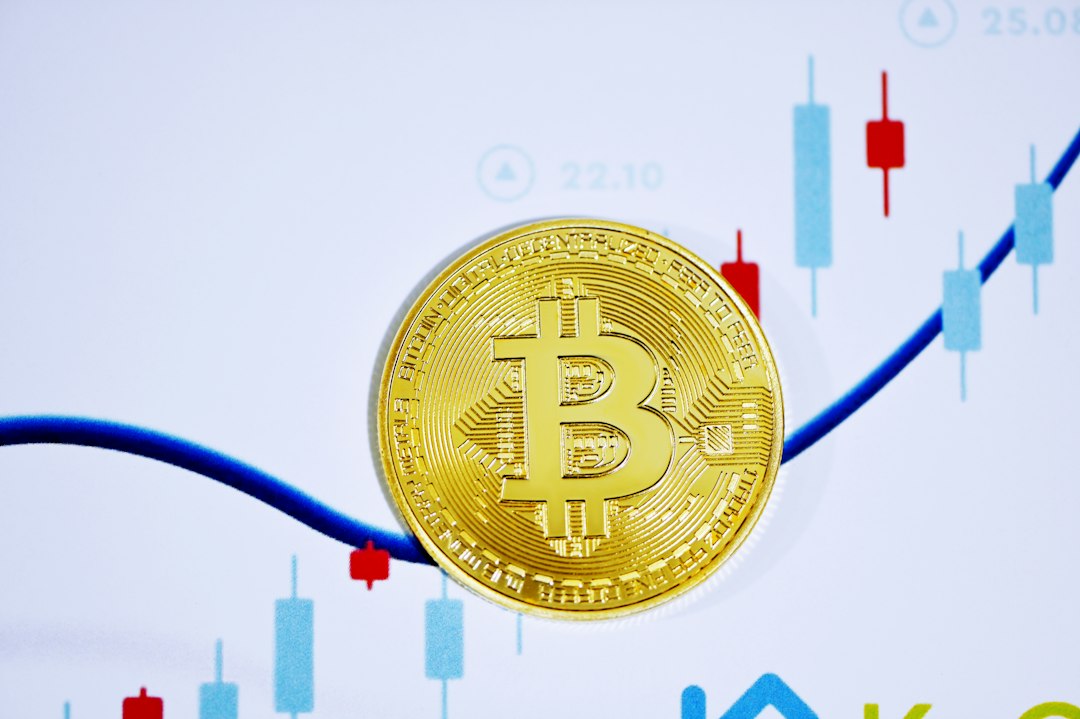UNODC Claims Tether (USDT) Facilitates Illicit Activities
A recent report by the United Nations Office on Drugs and Crime (UNODC) reveals Tether’s alleged involvement in money laundering and fraud in Southeast Asia. According to the report, Tether has become a favored choice for cryptocurrency-based money launderers, particularly on illegal online gambling platforms. The stability, user-friendliness, anonymity, and low transaction fees of Tether make it a preferred choice for fraudsters and organized crime groups. The UNODC also links Tether to underground fraud, including a notorious scam called “pig butchering,” where the company helped freeze $225 million in USDT connected to an international human trafficking group. Law enforcement agencies have been taking action against these money laundering networks.
Tether Responds to Allegations
Tether has responded to the UN’s assessment, expressing disappointment and defending itself against the accusations. The company highlights its role in aiding developing economies in emerging markets and argues that the transparency of public blockchains makes it impractical for illicit activities. Tether insists that its tokens are traceable and that it has a record of collaborating with law enforcement. The company suggests that the UN should focus on how centralized stablecoins can improve anti-financial crime efforts and encourages collaboration with the industry to develop modern strategies to fight financial crime.
Hot Take: Tether’s Continued Scrutiny and the Need for Industry Collaboration
Tether’s reputation as a popular stablecoin has come under scrutiny with the UN report highlighting its alleged involvement in money laundering and fraud activities. While Tether maintains its innocence and emphasizes its collaboration with law enforcement, this situation emphasizes the need for collaboration between industry players and regulatory bodies to strengthen anti-financial crime efforts. As cryptocurrencies continue to gain popularity, it is crucial to address these concerns and work together to develop effective strategies to combat illicit activities. Transparency, traceability, and cooperation will play vital roles in fostering trust and ensuring the integrity of the crypto ecosystem.





 By
By
 By
By

 By
By
 By
By
 By
By